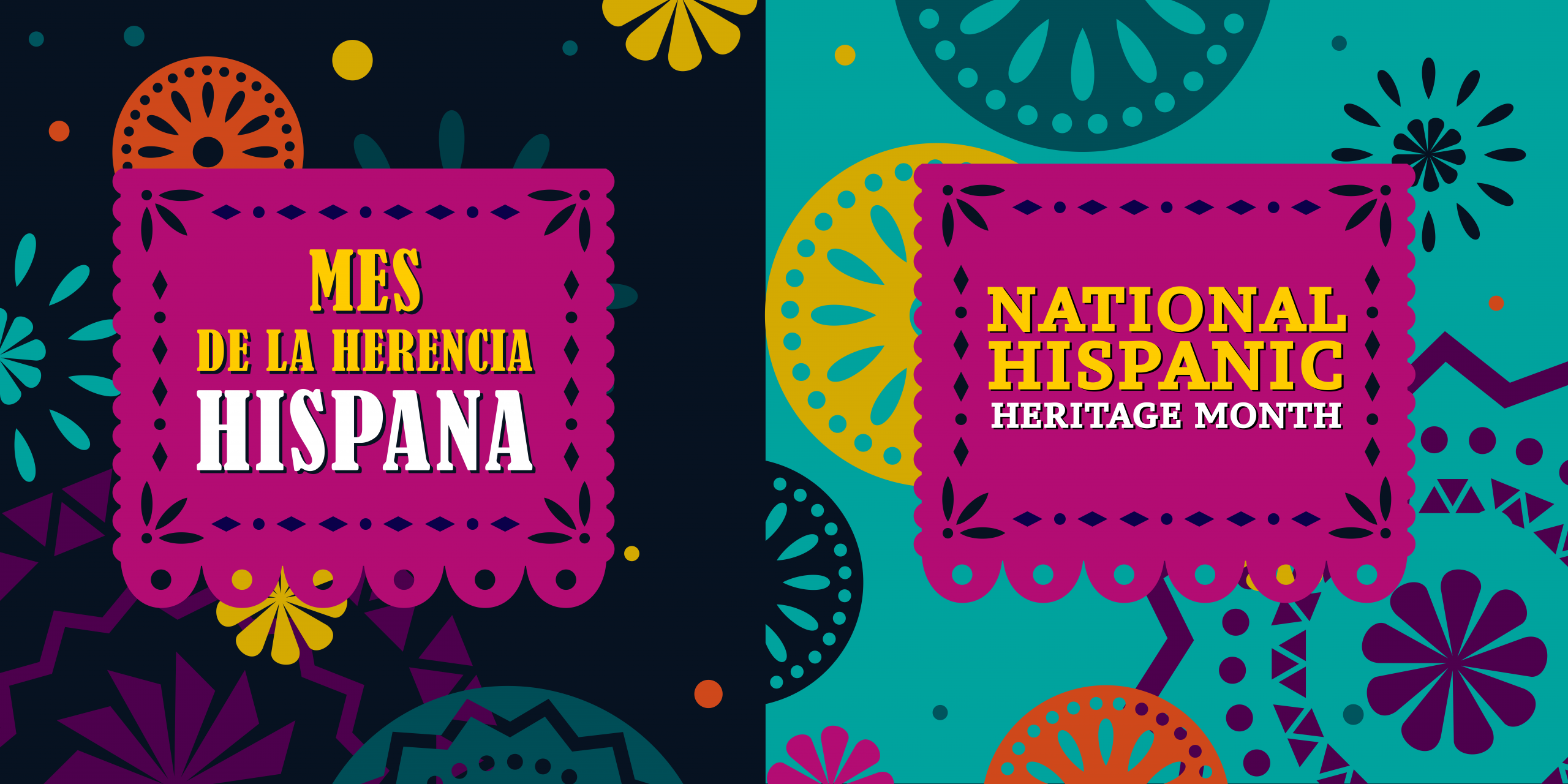

Promotores de salud/Community Health Workers: A vital workforce to championing positive health in the Hispanic/Latino/a/x community
By: Omar A. Escontrías, DrPH, MPH, Senior Vice President, Equity, Research and Programs
“They Tried to Bury Us They Didn’t Know We Were Seeds.” – Mexican Proverb
“Quisieron enterrarnos pero no sabían que éramos semillas.” – Mexican Proverb
September 15 marked the start of Hispanic Heritage Month or el mes de la herencia hispana (in Spanish). As a proud, first-generation immigrant from México, it is an honor to celebrate the richness, diversity, and resiliency of the Hispanic/Latino/a/x culture. From a very young age, my mother instilled in me the values of humility and remembrance. As a single mother, she always reminded me to be proud of my roots, while acknowledging those that helped paved the way to experience and live the American Dream.
My mother, Andrea, has impacted me in many ways. As a community health worker (CHW) or promotora de salud, she always had a deep appreciation for educating our community on disease risk factors, connecting them to social services, and building trust that is often undermined by some seeking to work with the Hispanic/Latino/a/x culture community. She continues to deploy her role as a promotora within a mobile health unit along the Arizona/México border.
Promotores de salud have a key stake in the American Dream and must be celebrated and recognized during Hispanic Heritage month. In Latin America, the promotor model originated in the 1960s through grass roots efforts, primarily to train women across various health education themes.¹ As the model evolved in the U.S., the need for trusted messaging in the Hispanic/Latino/a/x community settings was pivotal to helping navigate the complexities of the health care system. As illustrated in a latest 2023 American Journal of Public Health editorial, CHWs form the spider’s web of attachments between community members, families, community-based organizations, academic centers, health care systems, and public health institutions.² Among many other things, CHWs have been instrumental in mitigating the health disparities documented in the Hispanic/Latino/a/x community.
Hispanics/Latinos/as/x are the fastest growing historically underrepresented racial ethnic groups and experience some of the highest mortality rates of certain chronic diseases. Additionally, social and structural barriers to health, such as language, lack of health insurance, limited health literacy, and discriminatory and exclusionary policies have led to the widening of health disparities. Promotores de salud serve as liaisons between patients and healthcare providers that in turn generate sustainable health impacts in this population. Given the benefits of integrated promotores de salud in health systems, state and national advocates have championed policies and legislative changes to formalize the role of promotores de salud in preventive healthcare services, to include participation in, and reimbursement by Medicaid programs. By equipping the promotores de salud workforce with valuable evidence-based tools, health providers will be empowered with data to address systemic health challenges in the Hispanic/Latino/a/x community and support the critical need for patient navigation and health education.
I owe the pursuit of my health care career to my mother, and to the many promotores de salud I have been honored to work with. I believe that our grounded and trustworthy community work will be significant, meaningful, and impactful in identifying solutions to alleviate the challenges of our health care systems.


